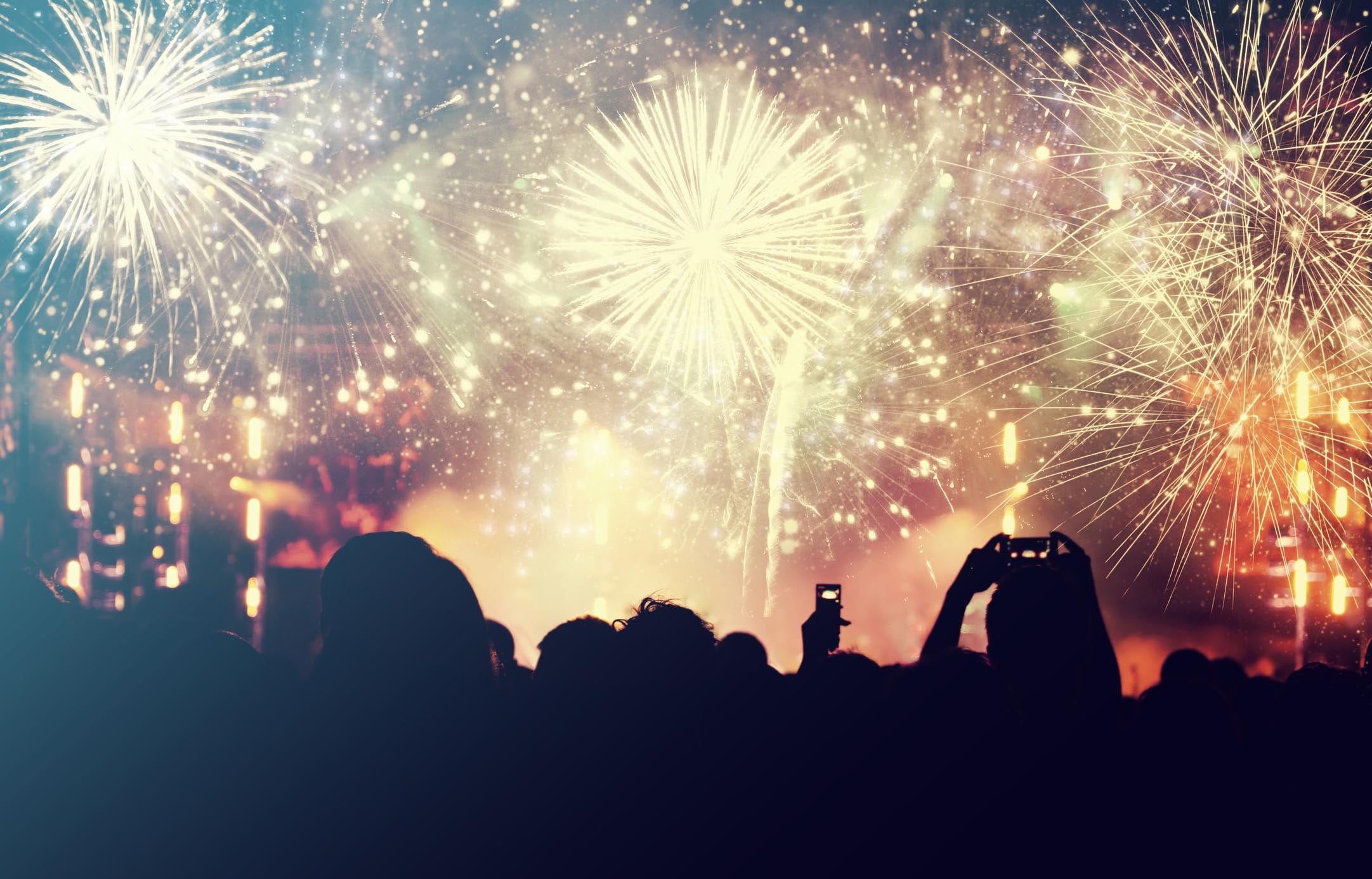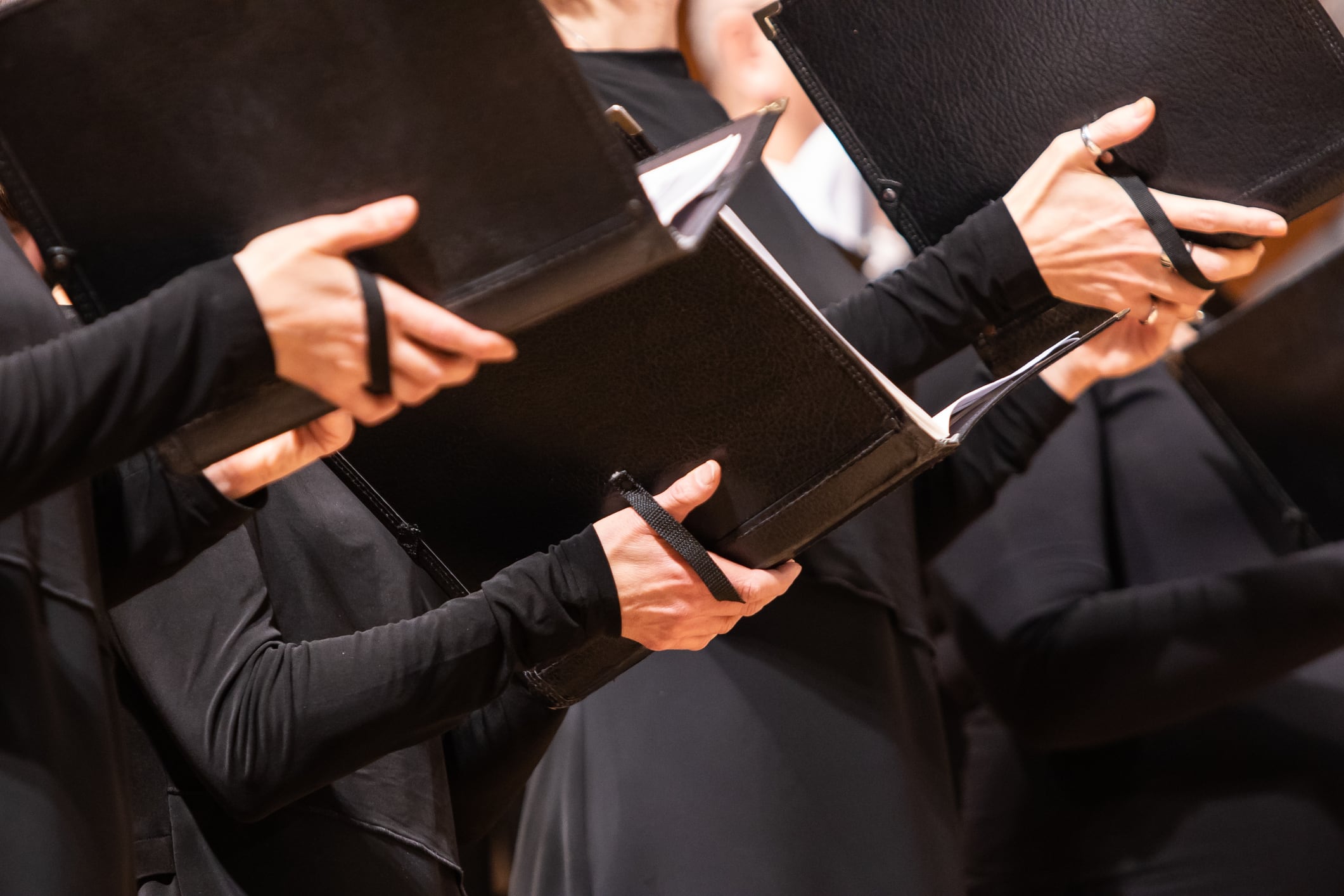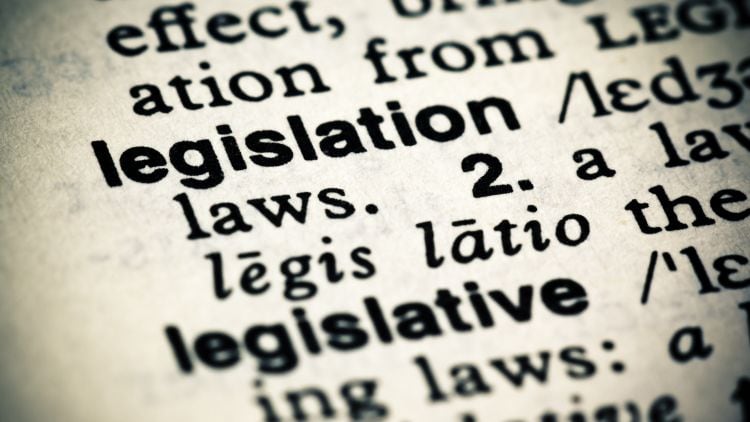Those looking to capitalise on the occasion need to ensure a safe and successful event.
Here’s a few handy top tips about organizing a firework display at your venue, from legal requirements to safety considerations.
- Responsibility for display - For small, community-level displays hosted by a local pub or licensed venue, the responsibility typically lies with the event organiser. If you are working with a professional fireworks display operator, then they will have the responsibility for the fireworks display itself, however you still hold a duty of care towards your patrons, including maintaining safe viewing areas and managing the crowd.
- Spectator Safety - In addition to broader liability for health and safety, public safety is one of the four Licensing Objectives. So failure to ensure your customer’s safety at an event at which licensable activities are taking place could lead to enforcement action taken against your premises licence, in addition to any prosecution under health and safety legislation.
- Bonfires – it is crucially importance that, if you operate a bonfire, you have adequate safety provisions to ensure this is run safely. This could include barriers to keep people at a safe distance, and warning signs to customers of the dangers of fires. This should call be covered in your risk assessment for the event.
- Firework Categories - If you are operating a firework display yourself without the services of a professional operator, it is essential to understand which types of fireworks are permissible:
- Category F1: Indoor fireworks.
- Category F2: Garden fireworks, such as those in supermarket selection boxes with spectator safety distances of at least 8 metres.
- Category F3: Display fireworks, which are larger but still available for retail with spectator safety distances of at least 25 metres.
- Category F4: Professional-grade fireworks not available for public use.
- Public Liability - Public liability insurance is highly recommended even if it is not a strict legal requirement.
- Selling Alcohol under a Premises Licence - Most venues will already have a Premises Licence in place, but it is important to check the licence conditions carefully and ensure that the licence permits the activities and hours you require, and that the relevant areas of your premises are licensed.
- Temporary Event Notices (TEN) - If your venue does not benefit from a Premises Licence, or the Premises Licence in place does not permit the activities and/or hours you require, then a TEN can be used for a one-off events with not more than 499 people in attendance, including staff.
- BYOB - If guests bring their own alcohol, then no licence is required. It is nonetheless advisable to monitor your customers’ behaviour. Excessive drinking and fireworks can be a dangerous mix.
- Safety Considerations - You must ensure the space is suitable for a firework display. Check that the area is large enough to safely accommodate the fireworks display and a bonfire, if planned. Bear in mind the minimum spectator safety distances for the different categories of fireworks. Spectators should be far enough away to avoid falling debris, and make sure there’s no risk to surrounding properties. Check for power lines or tall structures nearby, and plan for what you will do if the wind changes.
- Capacity Limits - Crowd size must be managed safely. The event will only be limited by the safe capacity of the location or venue, however you will need to risk assess and plan accordingly. Large displays require more stewards or marshals, and you may also need to communicate with local authorities or the Council’s Safety Advisory Group to involve the fire services and emergency responders. If your premises is near an airport, then you may also need to contact them.
- Emergency Planning - For smaller events, make sure there is a member of staff who will be responsible for calling the emergency services if necessary. Also consider the means of access and parking, ensuring there is a clear route maintained for emergency vehicles.
- Notifying Neighbours - Notifying your neighbours is not legally required but we strongly advise that you do. Informing nearby residents can help prevent complaints and gives them an opportunity to make arrangements for pets or avoid the area if they prefer. This small step can go a long way in maintaining your good community relations.
With the proper planning and respect for regulations your display can be a great addition to community celebrations and commercially rewarding.
For more information and detailed safety advice, the Health and Safety Executive (HSE) provides helpful resources on organizing firework displays, which you can access on the HSE website here.
- Felix Faulkner is an associate solicitor at Poppleston Allen




